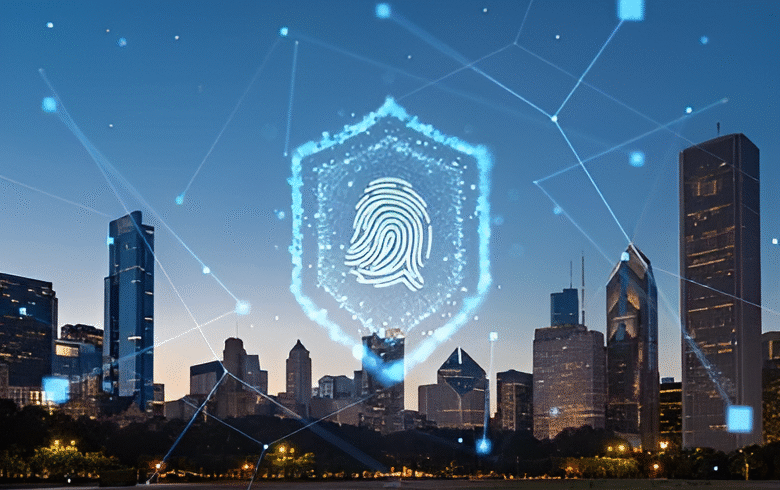Today, keeping our online systems safe is not just about strong passwords and firewalls. It’s also about understanding people. Social psychology and cybersecurity work together more than most people think. This article explains how people’s thoughts, feelings, and behaviors affect cybersecurity and why knowing some psychology helps make digital security better.
How Social Psychology Helps Cybersecurity
Even when companies use the best software and firewalls, hackers can still get in, because people make mistakes. Many users still click on fake emails or use simple passwords, even after they’re told not to. Social psychology helps us understand why. It shows how people think and why they sometimes ignore security rules.
Hackers can use psychological tactics to trick people. They might act like a boss or make something seem urgent so someone click fast without thinking. These tricks work because they play with our natural feelings like trust or fear of missing out. When cybersecurity teams understand these tricks, they can train people better to avoid falling for them.
Psychology Ideas That Help Cybersecurity
One useful idea comes from a psychologist named Robert Cialdini. He talked about how people are easily influenced. For example, people trust those who seem like experts, like a fake email from a “manager.” Or they act fast when told something is limited, like “You must click this link now or lose your account.” Hackers often use these kinds of tricks in their attacks.
Another problem is how people see risk. Many think that Nothing bad will happen to them so they don’t take security seriously. Some people feel that security is too hard to understand, or they care more about doing things quickly than staying safe. These are normal human thoughts, and psychology can help us fix this way of thinking.
Making Cybersecurity More Human-Friendly
Security training often tells people what not to do, like “Don’t click unknown links.” But that’s not enough. Training should use stories to make lessons more real and emotional. Showing how others act safely can help too, because people learn from what others do. Also, giving quick feedback when someone makes a mistake helps them learn better.
Password rules are another big area where psychology helps. When rules are too hard, people just reuse the same password. Instead of making things complicated, it’s better to show people why strong passwords matter. Simple tools like password managers can make things easier too.
New Psychology Ideas for Stronger Security
Some experts now use “nudge security,” which means adding small changes to help people make better choices. A website can turn on privacy settings by default, so users don’t have to do themselves. Or companies can say things like, “Most of your coworkers use two-factor login,” to encourage others to do the same.
Another idea is to make sure people feel safe talking about mistakes. If a worker clicks a wrong link, they should feel okay reporting it, instead of hiding it. This creates a healthy company culture that helps fight cyber threats faster.
Why Cybersecurity Teams Should Learn Psychology
Cybersecurity teams usually focus on technology—but people are often the weak point. To protect systems better, teams should understand how users think, what makes them follow rules, and why they ignore warnings. When security systems are made with humans in mind, they work better and people are more likely to follow them.
Final Thoughts
In the digital world today, protecting systems is not only about strong tools—it’s also about understanding people. Hackers know how to use psychology to trick users, so cybersecurity teams should use psychology too, but in a good way. By mixing technical skills with human understanding, companies can build stronger, smarter, and more user-friendly security systems.
